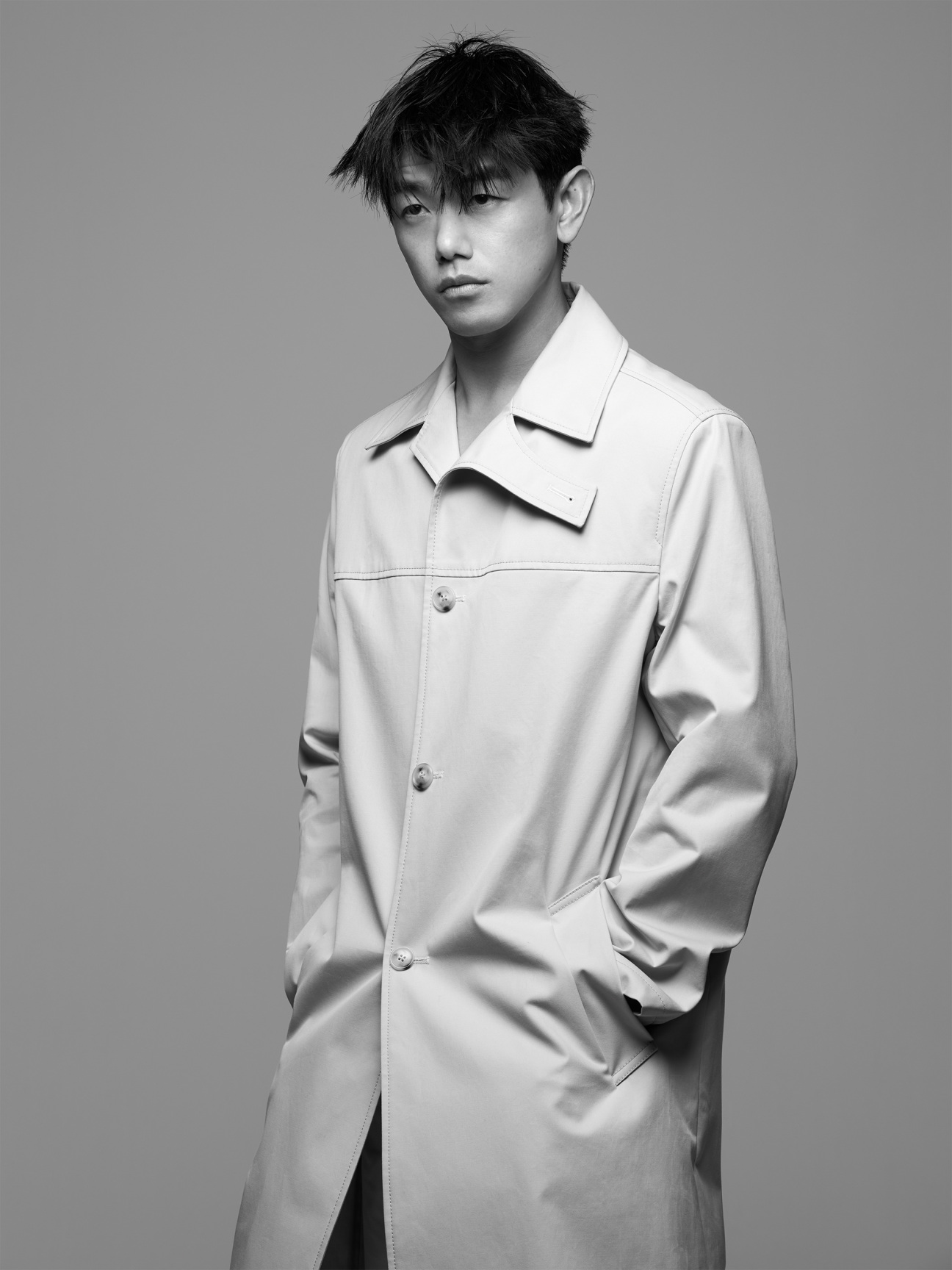
Fashion, like most industries, has historically been Euro-centric. While the gaze and intent of many designers and houses are changing, the scale's balance remains wobbly—at least for now. Founded in 2018, New York-based Commission translates co-founders Jin Kay and Dylan Cao's heritages (they grew up in South Korea and Vietnam, respectively) into nostalgic silhouettes embedded with an undeniably modern affect. The brand began first with ready-to-wear, inspired by the clothing that Kay and Cao's mothers wore in the '80s and '90s, much of which was dominated by the styles of European brands, but produced—and then evolved—in Asia, before launching menswear two years ago. Now, timed with the finale of four weeks of American, British, Italian, and Parisian fashion shows, the brand has launched its Spring/Summer 2023 collection's campaign while simultaneously presenting its 10th season in Paris. Photographed by Guanchen Liu and styled by Jason Rider, the images release today, and, like typical Commission content, feature an all Asian cast, including the Korean-American musician, actor, entrepreneur, and singer-songwriter Eric Nam. Upon the debut of his new music project, There And Back Again (Reimagined), a reworked version of the uber successful K-pop album There And Back Again from last year, Nam, who counts CULTURED Young Artist Anna Park as one of his favorite creatives, speaks here about his part in the project, interest in fashion, and new movie, Transplant, which releases later this year.
Joshua Glass: You've dabbled in the fashion space before, but have introduced a new look this season. After working with global houses such as Hermès, Armani, and Coach, why was it important for you to collaborate with Commission, an NYC-based independent brand?
Eric Nam: As an independent artist and co-founder of a startup [media company DIVE Studios] myself, I understand the consistent struggles and challenges that independent creatives and entrepreneurs face on a daily basis. We're often fighting to find the fine balance between good business decisions and our desires to bring our wildest imaginations to life. So, I think it's always important to collaborate with fellow independent creatives like Commission, and it's definitely something I want to do more of in the future.
Glass: Why is it important for you specifically to support Asian and AAPI creatives?
Nam: There has been a void in the representation and empowerment of Asian and AAPI creatives. Only in the past few years have they finally received more recognition and visibility in various industries. However, it is not enough to make up for the generations who were not given the opportunities to be loudly and unabashedly Asian at the forefront of culture.
We are still in such a nascent stage of openly sharing our ideas and experiences based on our vastly diverse histories and backgrounds. It was powerful to be on set with Commission—with a fully Asian team and cast—creating something that felt so inherently Asian, a combined product of all our journeys and points of view. It's exciting to think of all the incredible stories and ideas that have yet to be shared with the world and how amazing it will be to see them come to life, but we need everyone's support in allowing it to happen.
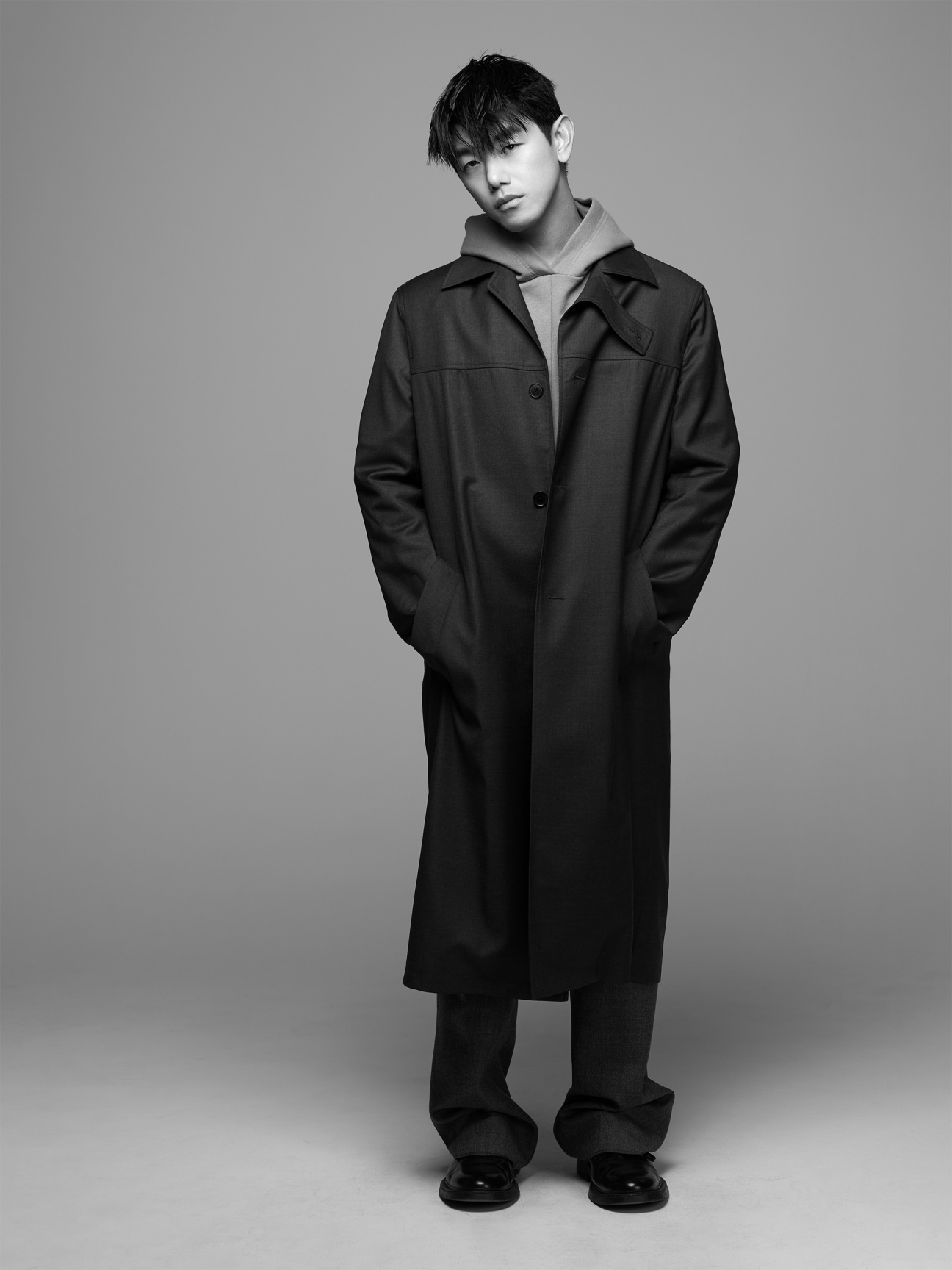
Glass: Where does your interest in fashion come from? What excites you about it?
Nam: I think I was interested in fashion from a young age. Growing up Asian-American in Atlanta, I always looked different from those around me, and looking back, I think fashion was a way for me to find a way to fit in. Though it may have been a very superficial and fleeting thing, you try to make sense of the space you are in—where you are a perpetual foreigner—and I think I naively thought that the clothes I wore would help me fit in in some way. So, I was always paying attention to the details of how people dressed in different settings and occasions, which led me to appreciate various styles of fashion, and I still carry this with me today.
Fast forward to today, fashion plays an integral role in my music and acting because they help tell the story of the album, song, or the scene that I am acting out. On stage, it sets the mood and helps transport audience members to the headspace that I am in. In purely functional terms, my clothes on stage determine how I am able to move and dance to particular songs, so fashion is always an integral part of my creative endeavors.
Glass: Much of the art world is still recovering from Frieze LA, which was the biggest version of the West Coast art fair thus far. As a collector yourself, what were some of your highlights?
Nam: Frieze was a whirlwind! Very big, very busy, and I unfortunately didn't get to explore everything just because I didn't feel like I had enough time to go through all of the booths. But it was a lot of fun not only seeing the incredible art, but also connecting with the unique mix of people that Frieze brings together, particularly at the LA fair. During my limited time there, I enjoyed Blum & Poe and Various Small Fires.
Glass: Which contemporary artists are exciting you right now?
Nam: I am a big fan of Anna Park, Kyungmi Shin, Friedrich Kunath, Jonas Wood, Naufal Abshar, Jessie Homer French, Markus Saile, Novo, Daniel Byrd, and Tony Lewis, to name a few.
Glass: Tell me about your favorite piece in your own collection?
Nam: That's a tough one…but I picked up a piece at Art Busan last year called George Kaplan by Dongho Kang. I got it at a time where I had just been cast in my first feature film [Transplant], and it just felt right.

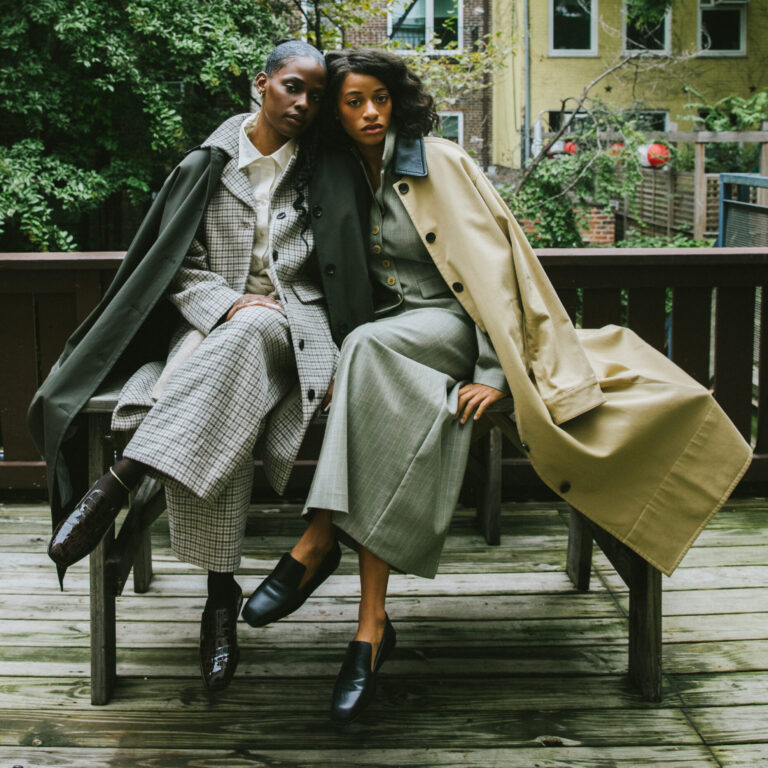
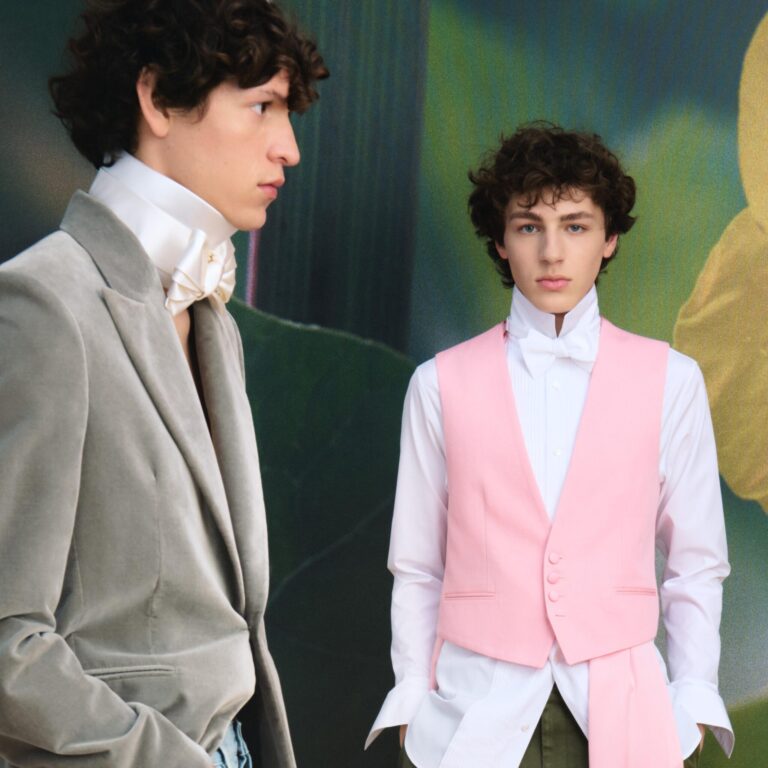

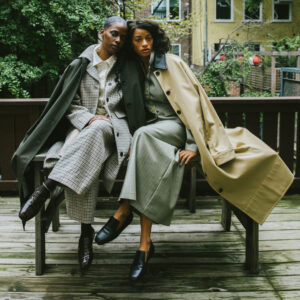
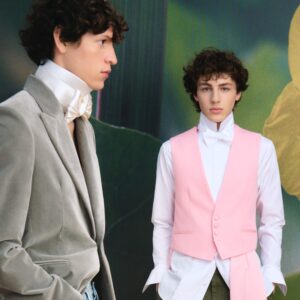




 in your life?
in your life?

